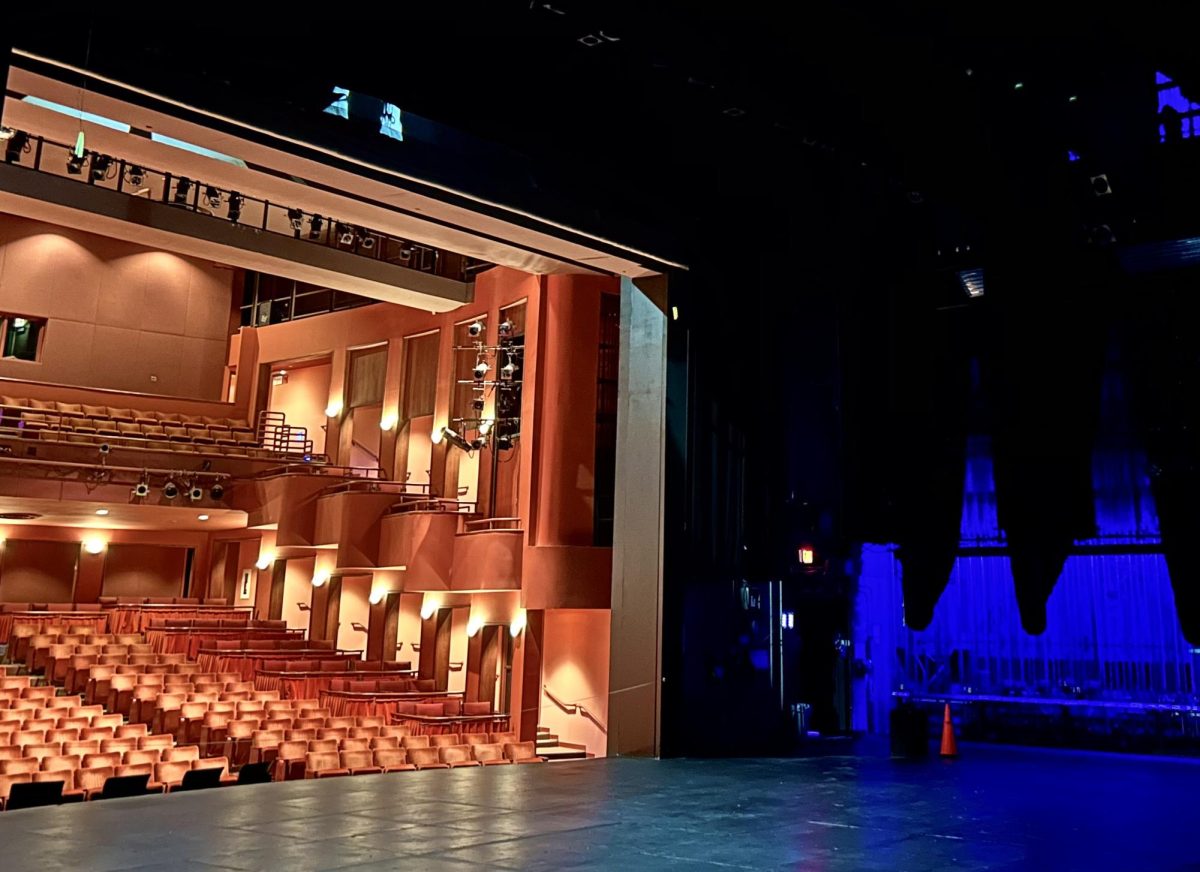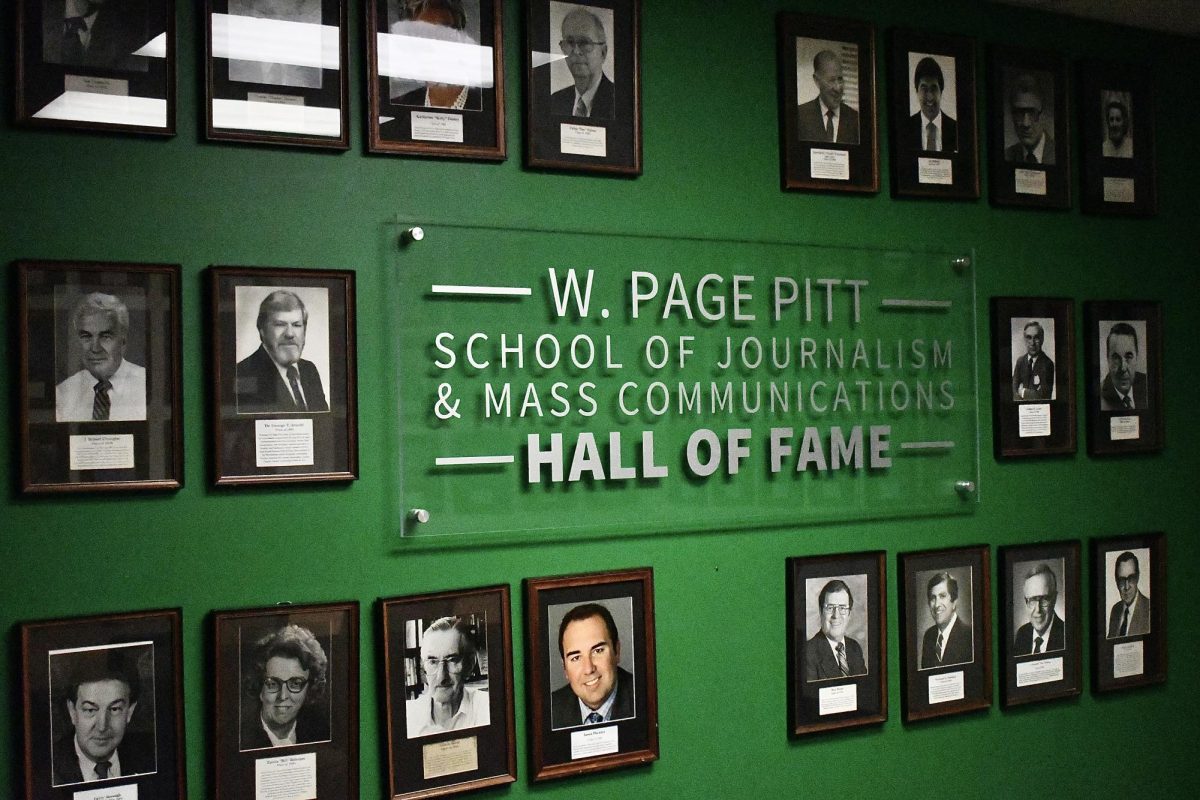A small but mighty cast from Marshall’s School of Theatre and Dance tackled the challenge of Sarah Treem’s “When We Were Young and Unafraid” last weekend, proving even college students can ace complex performances when led by a strong director.
The director in question was none other than the gutsy Leah Turley, who has a history of nailing any production involving at least one female badass. When I heard the play could be the most controversial to hit the university’s stage, I wasn’t surprised to hear Turley’s name attached to it, and I was even less surprised when I saw how tastefully done and moving the play turned out to be.
If any audience members left mid-show because they couldn’t handle the coarse language of the second act, I was too enthralled to notice.
“When We Were Young and Unafraid” tells the story of Agnes, a middle-aged woman who transforms her bed and breakfast into a place of refuge for victims of domestic violence in the early ‘70s. The play is set amid the second wave of feminism before the passing of Roe v. Wade and the Violence Against Women Act.
With the overturning of Roe v. Wade in 2022 and lawmakers still vehemently preying on women’s rights in 2025, this play comes to Marshall at a crucial time, and the actors’ knowledge of the importance of its message was evident in their performances.
The standout performances of the play came from Harper (Agnes) and Eliza Aulick (Mary Anne). Neither a 50-year-old struggling to confront her feelings about the abuse victims nor a 25-year-old abuse victim are easy characters to portray, yet the two Marshall seniors captured their intense, complex emotions as if they’d been through all the characters’ experiences themselves.
Paul’s character, played by George Kinley, brought unexpected humor to the heavy play. Kinley pulled the “golden retriever” act off well, surprising the audience when he loses his temper in “that” scene. His strong vocals were also a bonus on “Mary Anne.”
Hannah, played by Hailey Deslich, had a number of funny moments as well. The cast’s comedic timing, overall, was admirable, with my – and what seemed like the rest of the audience’s – favorite line being Agnes’ “Of course you are” after Paul announces he’s a musician.
Aside from performance, the play had several other applause-worthy aspects. The set, for instance, was designed well, with many layers to offer interesting dynamics between characters on the staircase upstage versus characters at the kitchen table downstage.
Having the show in the Francis-Booth Experimental Theatre also made it that much more intimate, as if Agnes would hand someone in the front row a cardamom muffin at any moment. This intimacy was especially important as the characters’ thoughts and feelings about domestic violence forced the audience to consider their own.
As for hair and makeup, Mary Anne’s black eye was impressively done, while Agnes’ gray hair and wrinkles seemed to overdo it a bit. The costumes were perfectly picked straight out of the ‘70s. I even found myself coveting Mary Anne’s “Jackie Kennedy” look.
Perhaps my favorite touch in the show was the clearly thought-out song choices that played every time the lights dimmed. It really doesn’t get any better than hearing the opening chords of Jim Croce’s “Operator” as Mary Anne reaches for the dial-up phone as we near the end of the play’s first half.
Overall, “When We Were Young and Unafraid” may have been a risk, but it was a risk well worth taking. Congratulations, Marshall Theatre, on another successful run.
Baylee Parsons can be contacted at parsons406@marshall.edu




















